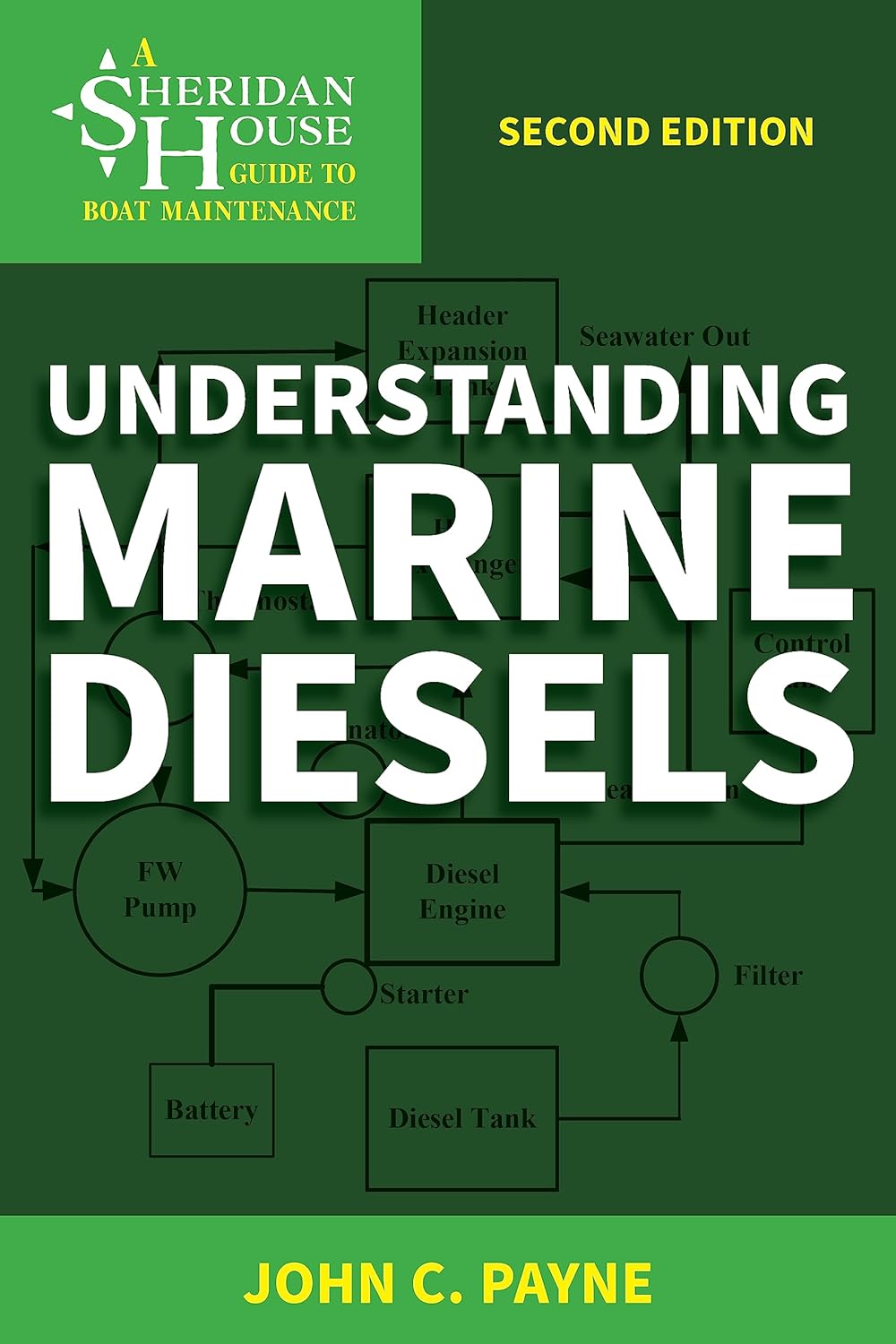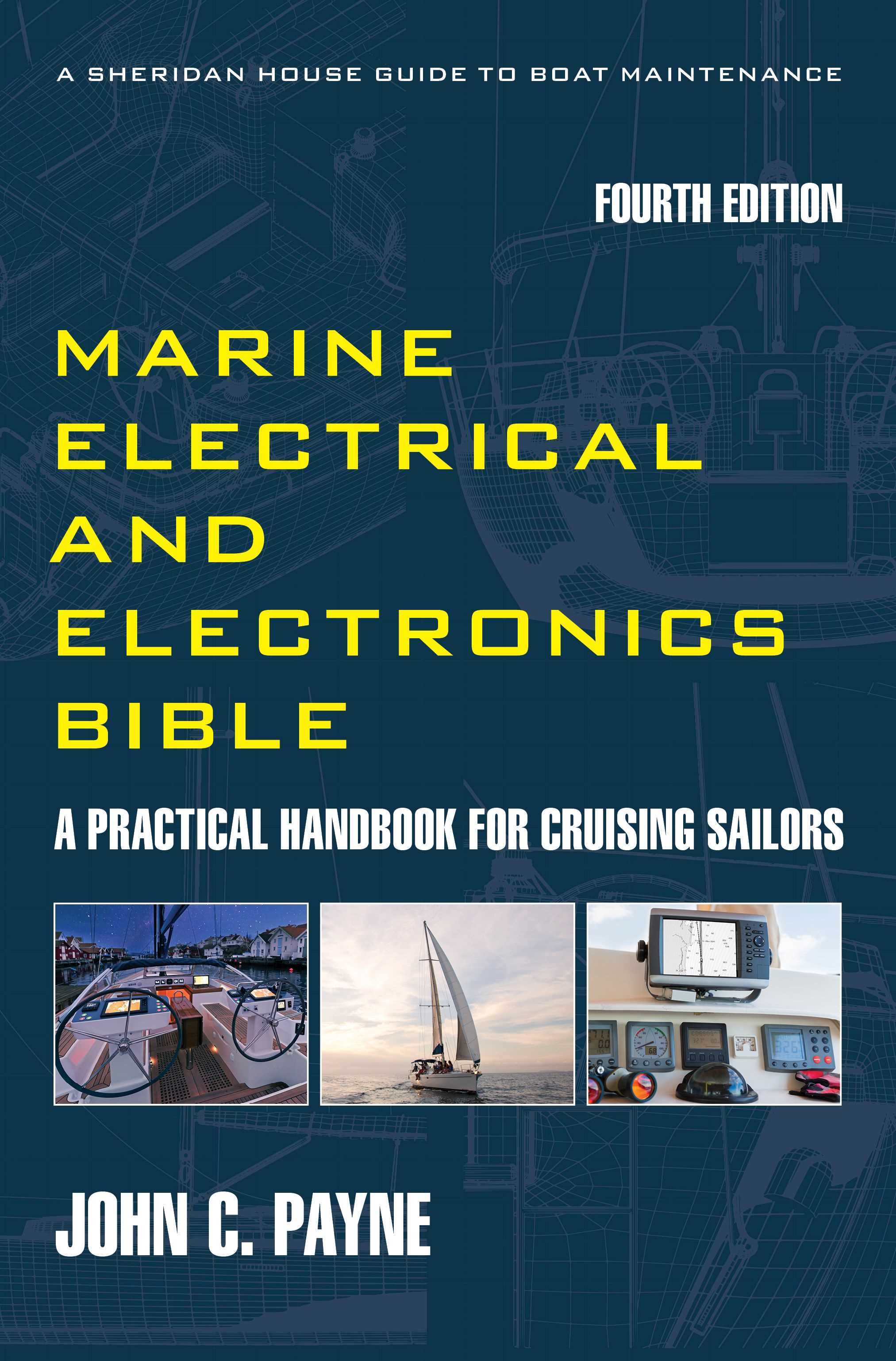The Marine Diesel Engine Course
The Marine Diesel Engine Course is a FREE training course that provides boat owners with a solid foundation in the operation, maintenance, and troubleshooting of small to medium marine diesel engines. The syllabus combines theory with guided practical work (using your own engines) to ensure participants gain both knowledge and hands-on competency. By the end of the course, students will understand the key systems of a diesel engine, how to carry out essential maintenance tasks, and how to diagnose common operational problems with confidence. This understanding is vital for vessel safety, reliability at sea, and reducing long-term operating costs. The Marine Diesel Engine Course will save you money
I have been at sea as a marine engineer and responsible for commissioning marine diesel engines on many offshore oil and commercial vessels for most of my long maritime career. I have also owned and refurbished several boats and have seen most everything that can go wrong. They still go wrong and it is a continual learning process. I am also the author of the Marine Electrical and Electronics Bible 4th Edition which includes a big chapter on marine diesel engines
Marine Diesel Engine Course Module 1
This module introduces participants to the role of diesel engines in marine applications and the fundamental principles of diesel operation. Readers will learn why diesel engines dominate the marine industry, focusing on efficiency, fuel safety, torque characteristics, and reliability. The four-stroke cycle of intake, compression, power, and exhaust is explained in detail, and also about auto-ignition, compression ratios, and fuel atomization. Learn how a marine diesel works.
Module 2 - About Diesel Engines
Module 2 – Engine Construction, Components, and Major Systems
A comprehensive overview of engine architecture is provided, covering blocks, heads, valves, pistons, crankshafts, camshafts, and bearings along with engine mounts.
Diesel Engine Architecture
An engine comprises hundreds of components. They include the block, cylinder head, cylinders, pistons, crankshaft, crankcase, cam shaft, valves, coolers and so on. Read about my Volvo diesel engine.
Air Intake Systems, the importance of the diesel engine air intake, and about marine diesel air filters, types, maintenance intervals, and contamination effects, turbocharger basics and implications for fuel and exhaust temperatures and all about the marine engine turbocharger.
Diesel Fuel Systems. All about Diesel Fuel and Marine Diesel Fuel Treatment, the Marine Diesel Fuel System, marine diesel fuel tanks, fuel supply and return lines, and diesel fuel pumps, diesel injectors, diesel lift pumps. The impact of atomization quality, and how to test injectors. About fuel filters for diesel engines such as primary and secondary fuel filtration, water separators, and Racor-style filters. What about marine diesel fuel polishing systems? All about Engine Governors. Consider the factors about Marine Diesel Fuel Consumption. The Marine Diesel Engine Course will inform you better than the local marine mechanic and make you self-sufficient and save you a lot of cash.
Engine Lubrication Systems. All about marine diesel oil systems, about what oil does, lubrication oil properties, about engine oil pump operation and also about oil pump priming. crankcase ventilation, understanding engine oil testing and how to take oil samples and engine oil analysis. The importance of the correct oil level and the dip stick, maintaining correct oil pressure with engine oil pressure sensors and the consequences of low-pressure events. There is also more about changing oil in a boat engine and what happens with to much oil in engine, and about boat engine oil extractors. There is also practical information on serious events such as water in oil in engine. We should not forget boat transmissions and boat gearbox oil checks. The subject of diesel compression tests is worth considering. More practical information about diesel engine gaskets, and a popular subject of marine diesel engine oil consumption and diesel engine oil additives.
Engine Cooling Systems. About the Boat Engine Cooling System, boat engine coolants, boat engine coolant pump, coolant header tank, cooling system pressure cap, boat engine thermostat, and the important heat exchanger, and how to clean a heat exchanger. Interconnecting all these cooling system components are the coolant hoses and those often forgotten hose clamps. There is a lot to understand about sailboat diesel engine cooling.
On the seawater cooling system there is the raw water strainer and the raw water pump and important info about vented loops. Part of the system is the exhaust elbow. Monitoring the coolant is the temperature sender, also about boat engine overheating damage. The Marine Diesel Engine Course on cooling water systems will save you from disaster!
The Exhaust System. About the marine engine exhaust, and about turbochargers, wet exhaust systems, water traps and waterlocks, and anti-siphon valves, exhaust backpressure and noise reduction features. All about hydrolock incidents.
The Engine Electrical System. This is about how to start a boat engine, also about how glow plugs work, and about how engine starter motors work. Charging circuits, instrumentation and how gauges provide diagnostic clues to diesel engine performance. Also about how to improve and upgrade starting electrical systems and about boat dual battery switches and marine battery selector switches.
Module 3 – Routine
Maintenance Procedures
This module is about proactive engine care. The emphasis is on adhering to manufacturer schedules, preventing failures at sea, and extending engine life. Daily and Pre-Departure Checks of oil level, coolant level, belts, hoses, and raw-water flow verification. Visual inspections for leaks, corrosion, vibration, and loose connections. Scheduled Maintenance, oil and filter replacement procedures and safe disposal, primary and secondary fuel filter changes, cartridge and spin-on types. Bleeding air from the fuel system after filter service. Raw-water pump servicing, impeller replacement, and seal inspection. Heat exchanger cleaning and anode replacement and belt tensioning and replacement intervals.
Module 4 –
Troubleshooting and Fault Diagnosis
Readers learn systematic diagnostic skills to isolate issues using symptoms, test methods, and logical reasoning. All about starting problems, battery condition, cable resistance, starter faults, glow plug issues (where fitted). Combustion and running problems, causes of smoke types (white, blue, black) and their diagnostic meaning, misfires, rough running, and injector faults, fuel system faults. Air ingress, clogged filters, fuel starvation under load. Contaminated fuel, microbial growth, and water contamination consequences. Cooling and overheating issues. Raw-water blockages, impeller failure, scaling, thermostat faults. Electrical faults when starting. Alternator output failures, poor connections, corroded terminals. Interpreting alarm conditions, gauge readings, and unusual noises or vibrations to identify developing issues early. If you have a Volvo Penta diesel then ask everyone else on the Volvo Penta Marine Diesel Forum. If you have a Yanmar diesel engine then visit the Yanmar Diesel Engine Forum and post your problem.
Module 5 –
Practical Workshop Training
Hands-on learning reinforces the theoretical aspects. Activities that you should do include an engine walk-around and identification of components on your own specific engine. Oil and filter service from start to completion. Changing and bleeding both primary and secondary fuel filters. Raw-water pump disassembly, impeller replacement, and gasket inspection. Troubleshooting exercises, including diagnosing no-start and overheating scenarios. Observing exhaust smoke conditions and interpreting symptoms under load.
Module 6 – Safety,
Emergency Response, and Engine Preservation
Learn how to respond safely to urgent engine issues at sea. Respond with immediate action for overheating events or loss of oil pressure. How to manage fuel leaks, exhaust leaks, and seawater ingress. Emergency manual shutdown procedures. Long-term preservation topics include winterization, preventing internal corrosion, off-season storage, and recommissioning procedures.
Module 7 –
Documentation, Records, and Compliance
The course concludes with instruction on proper record-keeping. Maintaining records is essential to logging events, detecting trends and so on. Maintenance logs and service scheduling. Engine-hour management and seasonal task planning. Warranty considerations and compliance with manufacturer recommendations. The Marine Diesel Engine Course is to increase your awareness and understanding of all your engine systems and subsystems so that you can respond quickly when things do not go right.

